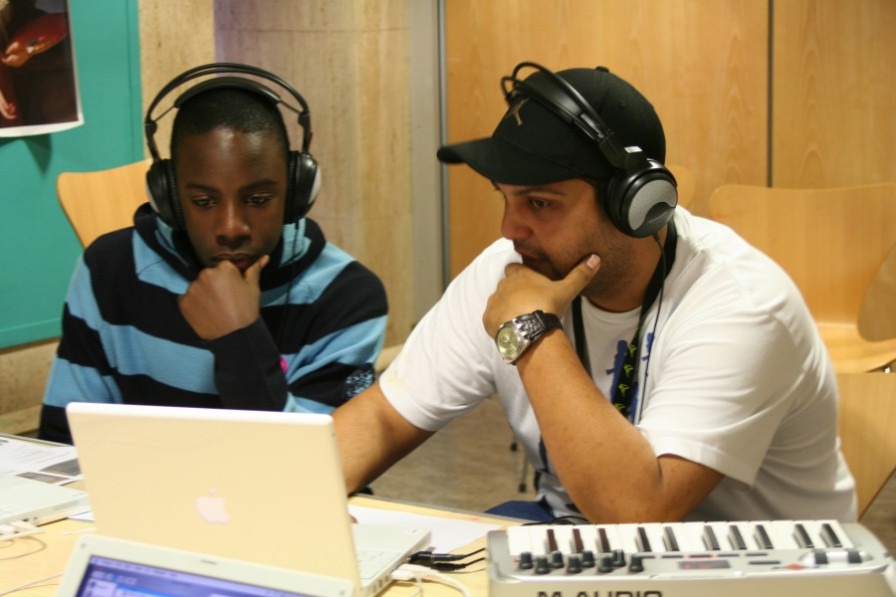Technical Progression

Many schools have music departments on the edge of the sports field so as not to "bother" the other subjects. Has the Music Plan's Annex 2 done the same to technology?
On a first read through of the long awaited National Plan for Music Education I am relieved to see that there are some key concepts that have the potential to have a great positive impact on the quality of young people’s music making.
For instance, a singing strategy to ensure every child sings regularly.
Then there’s the guidance that classroom teaching should have a minimum of one terms ensemble music making inspired by the work done by In Harmony.
Finishing my first read through I’m pleasantly surprised at the general direction it takes. But then on a second read I notice something. I see that the plan has a special annex advocating the importance of Music Technology in schools and although this growing art form is still referred to as ”supporting music development” rather than an instrument in it’s own right, it’s still a move forward. In fact the plan opens with a foreword that states that England leads the way in dance music on the international stage yet there seems to be a contradiction.
The Plan advocates that exceptional students are those that progress to conservatoires and National Youth orchestras. Indeed the new Hubs are expected to signpost talented young musicians to these places. Are there really more people applying for these centres of excellence than publishing electronic dance music online?
It’s interesting that the word “progression” does not appear at all in the Technology annex.
Some people might think that the plan stops just short of stating that music technology is for those with “special educational needs or challenging circumstances” and traditional musics are for the “gifted and talented”. In my experience music technology is so popular because young people have ownership of it. I love teaching music technology, not least because of the things that young people teach me.
I think we need to be careful in balancing our teaching of the wealth of musical heritage so that music does not become something that is “done to” the youth in schools.Let’s be very careful not to stereotype music technology for “special educational needs and disabilities” and more traditional musics for “talented children”.
Perhaps one of the challenges for the new Hubs is how do we support the progression of our Dizzee Rascals?
